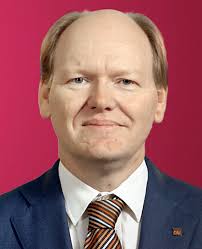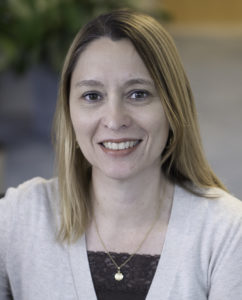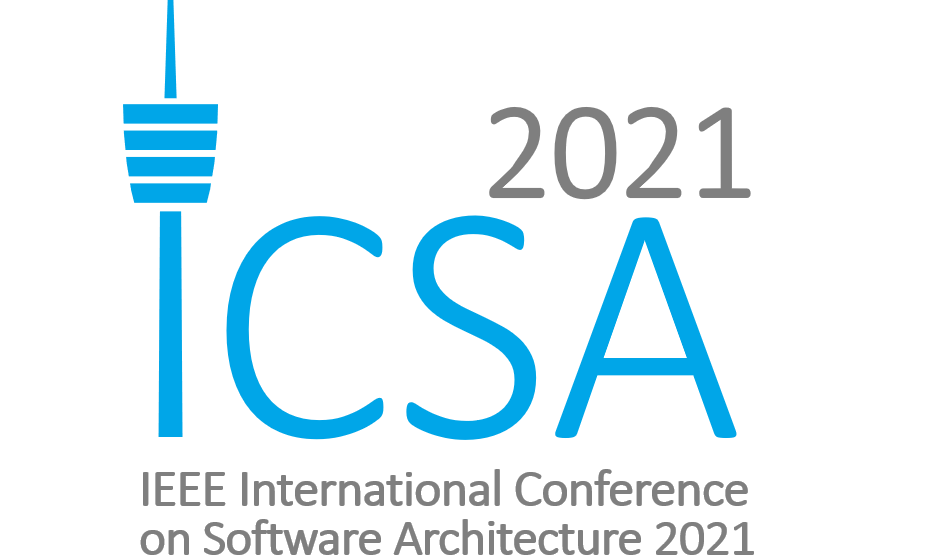The working sessions at ICSA 2021 are an action to bring back the working nature of the conference in the WICSA days. To adapt to the virtual mode of the conference, these sessions will be run as challenge workshops spilt across two days to allow for “in-between thinking.” Day 1 of the session will focus on challenge elicitation, while Day 2 will focus on brainstorming solutions to address those challenges.
We have five working sessions scheduled across multiple days and time zones so that everyone can participate.
Architecting for Sustainability
 |
 |
 |
Leads: Patricia Lago (Vrije Universiteit Amsterdam), Eoin Woods (Endava), and Danny Greefhorst (ArchiXL) |
Report: Architecting for Sustainability
Description:
PART 1
=====
This working session will engage the community in discussing the notion of sustainability in software architecture, and the progress in research and practice to address sustainability in the software supporting a digital society.
After a brief introduction to the different perspectives on the topic, the session is organized as an active discussion with all the participants, with the support of reflective questions in Mentimeter (menti.com). Be ready!
PART 2
=====
This working session will engage the community in discussing the notion of sustainability in software architecture, and the progress and open problems in research and practice to address sustainability in the software supporting a digital society.
After a brief recap of what discussed in Part 1, the session is organized as an active discussion with all the participants, with the support of reflective questions and co-creation in a Miro board (miro.com). Be ready!
Times:
- Day 1: Wednesday, March 24 – 10:05 to 11:05 UTC
- Day 2: Thursday March 25 – 8:55 to 10:40 UTC
Architecture Technical Debt
|
|
 |
 |
Leads: Paris Avgeriou (University of Groningen), Eltjo Poort (CGI), Philippe Kruchten (University of British Columbia) |
Report: Architecture Technical Debt
Description: Architecture Technical Debt is the most important type of Technical debt regarding its impact on maintenance and evolution. But it is also hard to detect and measure automatically, especially compared to Source Code Technical Debt. This Working Session will provide an overview through a series of lightning talks, and facilitate a discussion enriched with experience reports, opinion statements and war stories.
Times:
- Day 1: Tuesday, March 23 – 19:10 to 20:10 UTC
- Day 2: Wednesday March 24 – 19:00 to 20:30 UTC
Software Architecture for Machine Learning Systems
 |
 |
Leads: Ipek Ozkaya and Grace Lewis (Carnegie Mellon Software Engineering Institute) |
Report: Software Architecture for Machine Learning Systems
Description: Developing software systems that contain machine machine learning (ML) components requires an end-to-end perspective that considers the unique life cycle of these components — from data acquisition to model training to model deployment and evolution. While there is an understanding that ML components in the end are software components, there are some characteristics of ML components that bring challenges to software architecture and design activities, such as data-dependent behavior, drift over time, and timely capture of ground truth to inform retraining.
In this working session we will capture challenges associated with software architecture for ML systems and jointly brainstorm on research gaps, potential approaches, and opportunities to address these challenges. Session results will be published to serve as input for industry and academia to work together on research to solve these open issues.
Times:
- Day 1: Wednesday, March 24 – 1:45 to 3:00 UTC
- Day 2: Thursday March 25 – 0:00 to 1:30 UTC
Software Architecture Problems in the Next 5 to 10 Years
 |
 |
Leads: Bara Buhnova (Masaryk University) and Clemens Szyperski (Microsoft) |
Report: Software Architecture Problems in the Next 5-10 Years
Description: With the advancement of digitization, software architectures in critical domains, such as healthcare, transportation, or smart buildings, have opened themselves towards intelligent technological opportunities, including automation of previously manual decision making. Yet, the architecture of these systems is not always ready to mitigate not-yet-known threats and challenges that will face the system in the future. From another direction, pressure on the time-to-market and ease of development pushes many developers to reconsider the role of software architecture in their projects. In this working session, we aim to collectively uncover the software architecture problems and challenges that need our attention in the next 5 to 10 years. We would like to highly encourage viewpoints coming from different scientific as well as industrial communities and hope to arrive to valuable insights for all involved.
Times:
- Day 1: Tuesday, March 23 – 19:10 to 20:10 UTC
- Day 2: Wednesday March 24 – 19:00 to 20:30 UTC
Software Architecture Reasoning and Thinking
 |
 |
Leads: Antony Tang (Swinburne University of Technology) and Rick Kazman (University of Hawaii) |
Report: Software Architecture Design Reasoning and Thinking (PDF)
Description: Software architects collect many kinds of information and communicate with many people. Using these inputs, architects make judgments and decisions to create design solutions. However, the information is diverse and often conflicting. Different stakeholders have their own priorities, ideas and constraints. Are there some ways to help architects systematically reason and make better judgements? Currently architects use their knowledge, experience and skills to design, and few guidelines are there to help them. Simultaneously, researchers know little about the practical factors that affect architecture thinking and decision making. In this working session, we will discuss what thinking and decision-making issues architects face. Are these issues real and serious? If so, how can they be addressed in a repeatable way?
Times:
- Day 1: Wednesday, March 24 – 1:45 to 3:00 UTC
- Day 2: Thursday March 25 – 0:00 to 1:30 UTC

